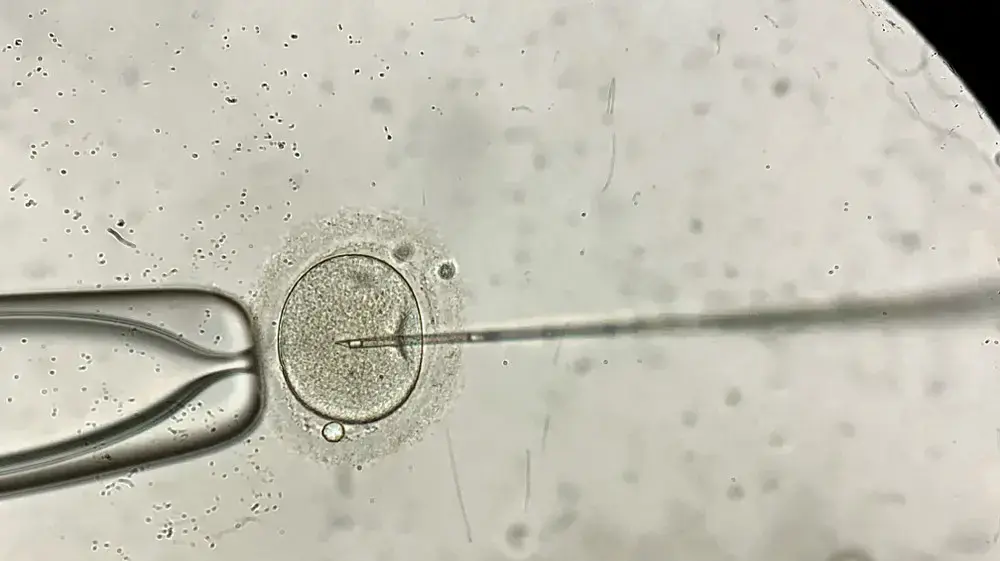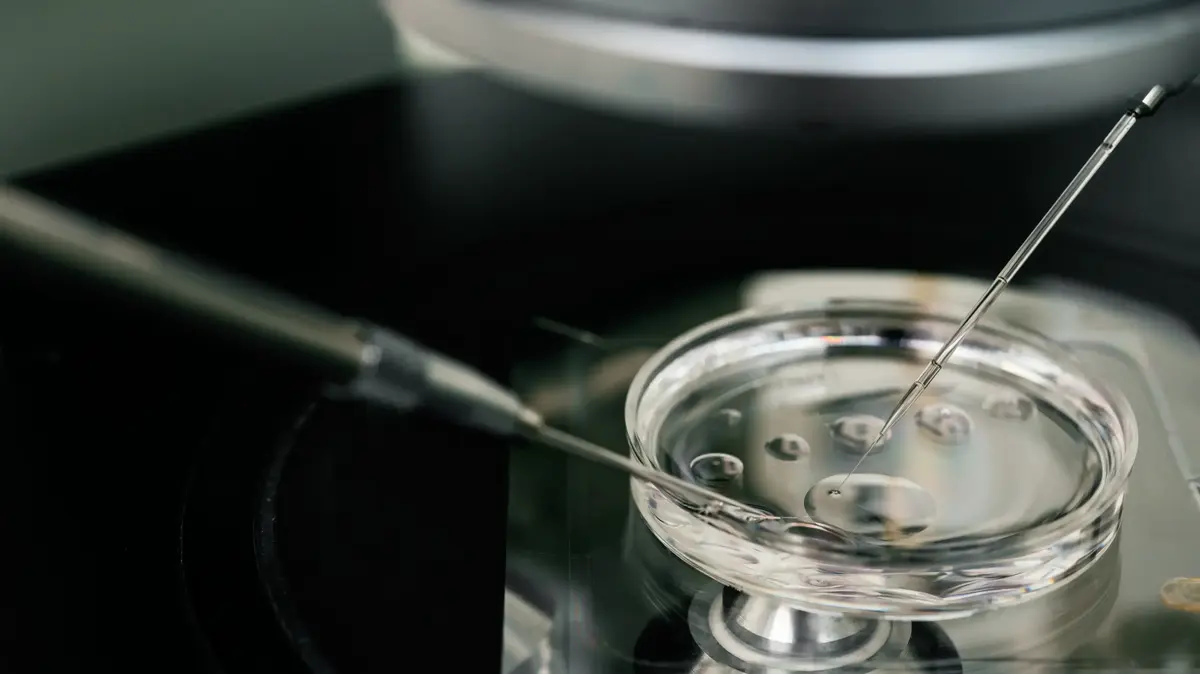Egg donation consists of the use of eggs donated by young, healthy and fertile women, which are fertilized by their own sperm or from a sperm bank. This forms embryos to which a preimplantation genetic study can be performed or not and then transferred to a woman's uterus.
This was explained to Clarín by Gabriel Fiszbajn, a specialist in Gynecology, Obstetrics and Human Reproduction, within the framework of the International Fertility Care Month.
Who uses egg donation
Egg donation is performed in women who do not have good quality eggs (this evaluated by ovarian reserve studies), women who no longer ovulate because they have entered menopause or who have previously undergone In Vitro Fertilization treatments but developing eggs or embryos with little or no ability to achieve an evolutionary pregnancy with a healthy child, the doctor explained.
Egg donation is performed in women who do not have good quality eggs, who no longer ovulate or who have previously undergone In Vitro Fertilization treatments without success. Photo illustration Shutterstock.
The Director of the Department of Reproductive Medicine and the Cat Donation Program of CEGyR added that egg donation is also used in women with genetic problems, men seeking to form a single-parent family and male couples.
Using the internal statistics of CEGyR, Fiszbajn said that "it is increasingly common to see single women or couples of men performing this type of treatment." He added: "Almost 30% of patients who perform egg donation with sperm from a donor are women in a single-parent project."
Beyond the strictly reproductive, the specialist stressed that during this process "it is essential to accompany the psychology team and the family doctor, who provides support and advice at each step."
How the donor is chosen
Donors are voluntary and fully studied. Photo illustration Shutterstock.
To reach the egg donation process, the doctor said that there are several steps that must be followed. To begin with, "donors are voluntary and are studied in a complete way, including clinical, gynecological, ovarian reserve and genetic evaluations."
According to the specialist, there "a carrier study is carried out, where more than 300 recessive diseases are evaluated to reduce the genetic risk in the offspring." These same analyses, he clarified, are also "performed on male patients or on the semen of our gamete bank."
Fiszbajn mentioned that while "egg donation is mostly anonymous, treatment with known donors can also be performed." In addition, "the donation can be open or closed, allowing the possibility that the child born from the treatment can have access to donor data when they turn 18 years old."
What is a homoparental family
A homoparental family is one whose parental figures are made up of people of the same sex who, as a couple, access maternity or paternity. It also includes families constituted by a gay or lesbian couple who educates and lives with the children of one of their members, product of a previous relationship.
What is a single-parent family?
Single-parent families consist of an adult with one or more children. Photo illustration Shutterstock.
Single-parent families consist of an adult with one or more children. Single parenthood is one of the family structures that has grown the most. More frequent in this type of families are the so-called "monomarentales" families, in which the adult is only the mother.
See also







/cloudfront-eu-central-1.images.arcpublishing.com/prisa/AR4TPPVGS5HKNAVGMCEWHZZT64.jpg)
